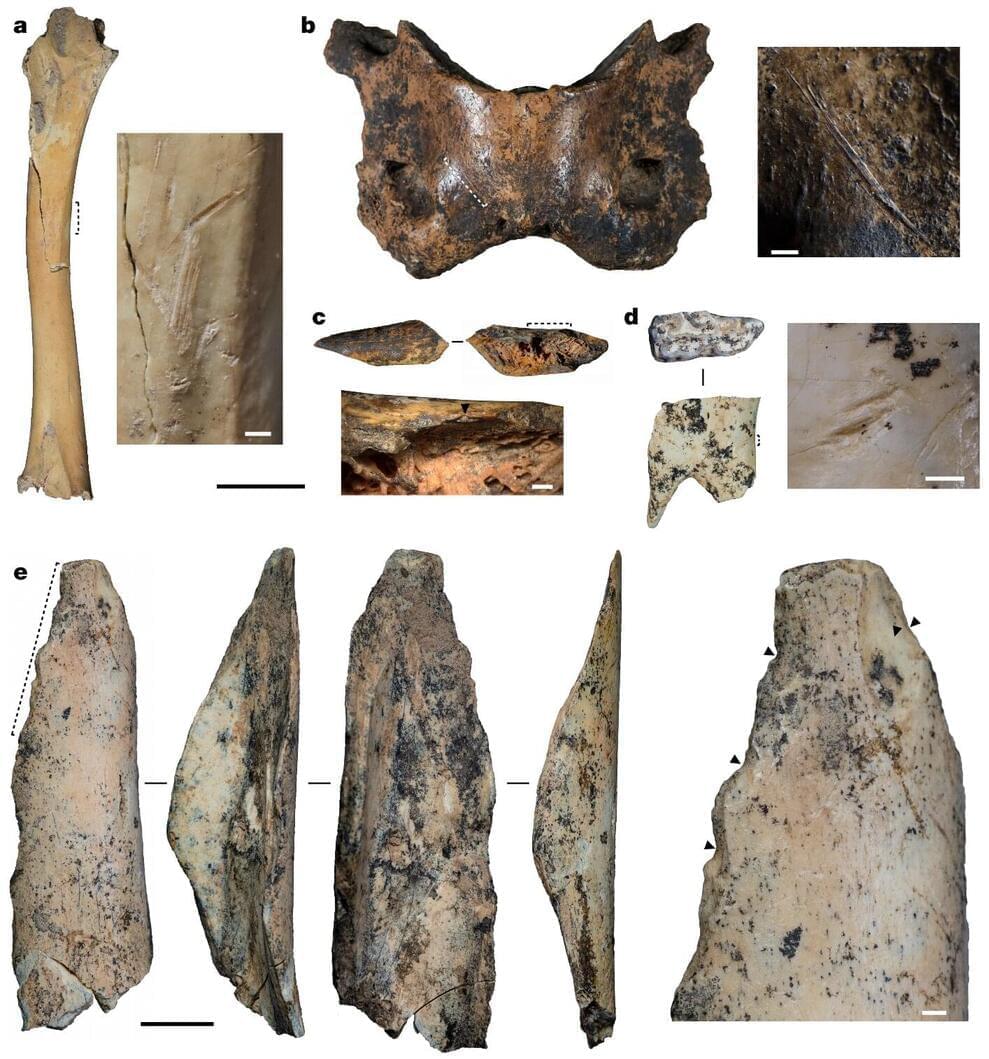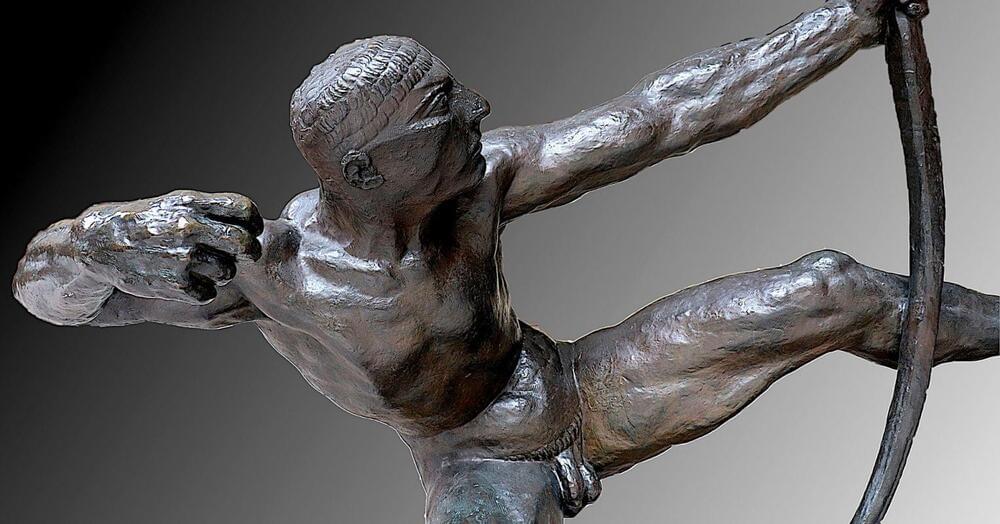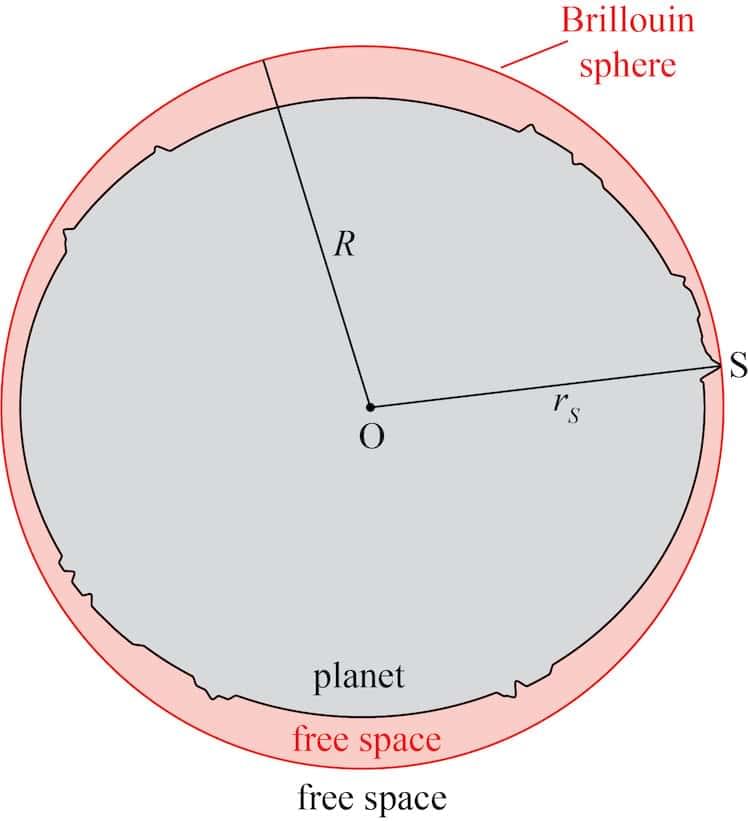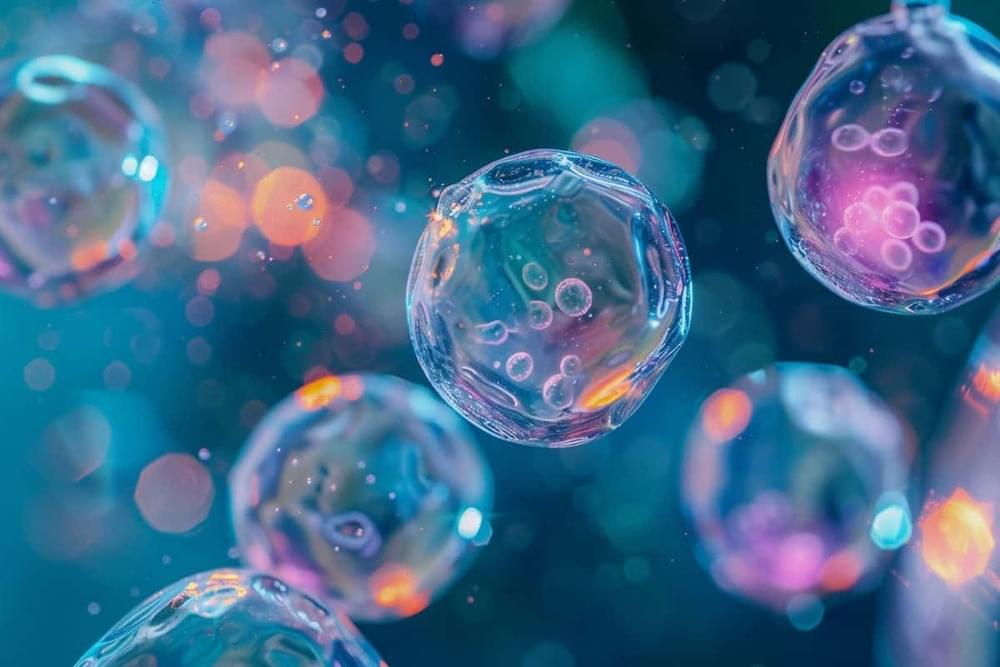Bone remains found in a Tibetan cave 3,280 m above sea level indicate an ancient group of humans survived here for many millennia, according to a new study published in Nature.
The Denisovans are an extinct species of ancient human that lived at the same time and in the same places as Neanderthals and Homo sapiens. Only a handful of Denisovan remains have ever been discovered by archaeologists. Little is known about the group, including when they became extinct, but evidence exists to suggest they interbred with both Neanderthals and Homo sapiens.
A research team led by Lanzhou University, China, the University of Copenhagen, Denmark, the Institute of Tibetan Plateau Research, CAS, China, and involving the University of Reading studied more than 2,500 bones from the Baishiya Karst Cave on the high-altitude Tibetan Plateau, one of the only two places where Denisovans are known to have lived.









